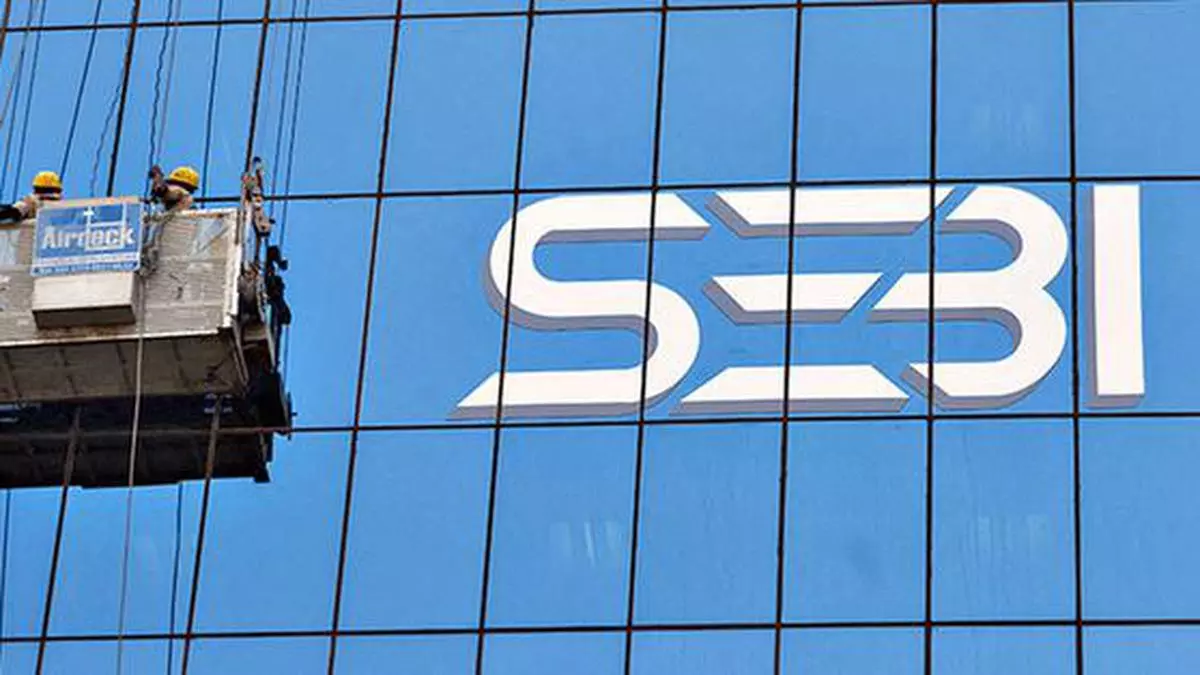Beta version of same-day settlement gets SEBI nod
The board of Securities and Exchange Board of India (SEBI) on Friday gave its nod for the launch of a beta version of optional T+0 settlement for 25 scrips with a limited set of brokers.
The board has approved a proposal to exempt additional disclosure requirements for FPIs having more than 50 per cent of their India equity AUM in a single corporate group, if the concentrated holdings of the FPIs are in a listed company with no identified promoter. The composite holdings of all such FPIs in the company with no identified promoter should be less than 3 per cent of its total equity share capital.
The timelines for disclosure of material changes by FPIs has been relaxed. FPI registrations that expire due to non-payment of registration fee will now be permitted to be reactivated within 30 days from such expiry. If the FPI chooses not to re-activate its registration within 30 days, it shall be given 180 days for disposal of its securities.
Securities remaining unsold after 360 days will be deemed to have been compulsorily written-off and will be transferred to an escrow account.
SEBI has eased norms for companies tapping the market for an IPO. Promoter group entities and non-individual shareholders holding more than five per cent of the post-offer equity share capital will be permitted to contribute towards minimum promoters’ contribution without being identified as a promoter.
The increase or decrease in size of offer for sale requiring fresh filing will be based on only one of the criteria—either issue size in rupees or number of shares, as disclosed in the draft offer document.
Market capitalisation based compliance requirements for listed entities to be determined on the basis of average market capitalisation of six months ending December 31, instead of single day’s (March 31) market capitalisation.
SEBI will specify an objective and uniform criteria for rumour verification in terms of material price movement of equity shares of the listed entity.
The SEBI board has approved the proposal to allow Category I and II AIFs to create an encumbrance on the equity of its investee companies in infrastructure sector to facilitate raising of debt/loan by such companies, subject to certain conditions. It also approved a proposal to allow AIFs to deal with unliquidated investments which are not sold due to lack of liquidity during the winding up process, by continuing to hold such investments in the same scheme of the AIF and entering into a Dissolution Period.
A framework for issuance of subordinate units by privately placed InvITs has been provided.
